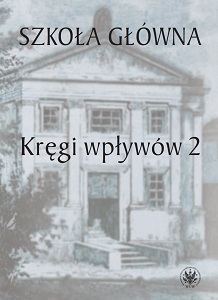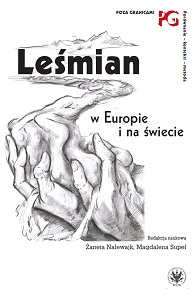Author(s): Dawid Maria Osiński / Language(s): Polish
Publication Year: 0
The author discusses the question of Siberian experience as an important factor in understanding the identity of Polish patriotism and the significance of knowledge and research for the students, alumni and academic professors of the Main School. The author is interested in the records of Siberian experience in intellectual and fictional biographies, especially the reconstruction of personal and journalist records, memoirs, diaries, reportages, as well as scientific and popular scientific texts devoted to the images of Siberia as a space of scientific exploration and freedom that can provide cognitive benefits to the Polish migrants. In the article the author writes the profile of Benedykt Dybowski (1833–1930, a zoologist and adjunct-professor, the author of Pamietniki, Memoirs), Bronisław Rejchman (1848–1936, publicist, journalist, alumnus from the Main Scholl, the author of Z Dalekiego Wschodu. Wrażenia, obrazki, opisy z dobrowolnej podróży po Syberii, From the Far East. Impressions, Images, Descriptions of voluntary journey to Siberia) and Stanisław Wokulski (a student of the Main School, a fictional figure from the most known Polish novel written by Bolesław Prus Lalka, The Doll, 1890). The author sees the Main School as the institution which formed the Polish intelligentsia in Siberia and formed the intelligentsia’s ethos and the scientific ethos of Polish patriot-academic. The article discusses the importance of the shift in focus on Siberia as a place of martyrdom and trauma, towards the “unwritten page” to Siberia as a space of education, industrialization, and financial gain as well as a political, cultural, civilizational, and ethnogeographical enclave, but especially as a space which is helpful in understanding the value of knowledge and self-discipline of a political migrant.
More...


